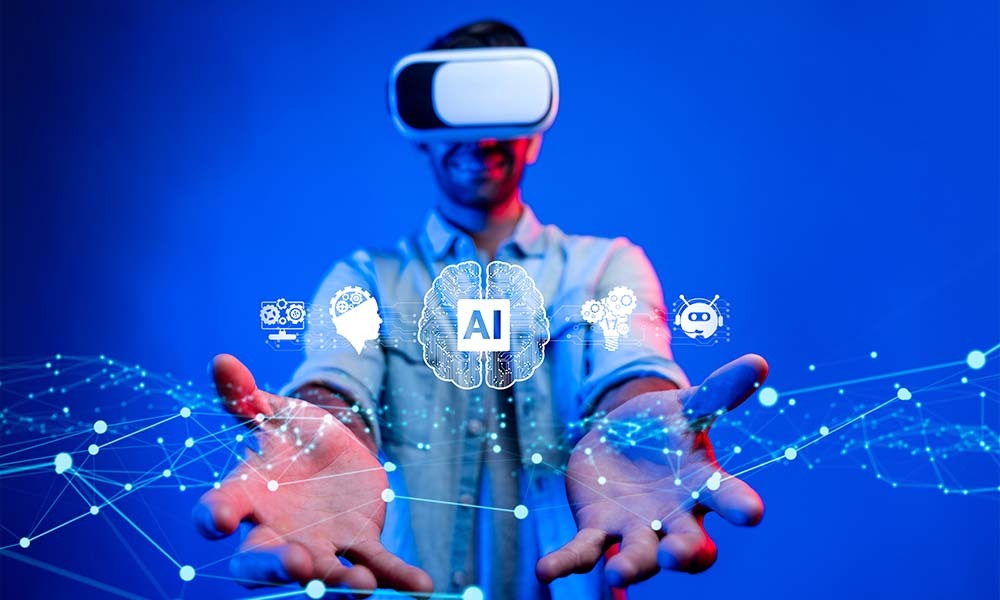
Introduction
A decade ago, mobile apps were simple. They sent notifications, displayed content, and maybe processed payments.
Fast forward to 2025, and the story has changed entirely. Today, mobile apps are intelligent, immersive, and deeply connected to our daily lives. Businesses are no longer just asking for “an app.” They’re asking for experiences—powered by AI, AR, blockchain, and next-gen cloud technologies.
In this article, we’ll explore how mobile app development services are evolving, what trends are shaping the industry, and how working with the right mobile app development company can future-proof your business.
1. AI Is Reshaping Mobile Apps
Artificial Intelligence has quietly slipped into almost every corner of mobile development.
Think of Spotify recommending your next favorite song before you even search for it. Or Chatbots in your banking app that handle complex queries in seconds. AI brings personalization at scale—and that’s where the magic happens.
- Smarter Recommendations: Apps learn from user behavior to suggest content, products, or services.
- Voice Assistants & NLP: Siri and Alexa aren’t alone anymore—custom AI assistants are becoming common in business apps.
- Predictive Analytics: Apps can forecast what a user might want next, improving engagement and retention.
Why it matters for businesses: Apps that “think” save time for users and create stickier customer relationships. If your app isn’t learning, it’s falling behind.
2. Augmented Reality Is Moving Mainstream
Not long ago, AR was a novelty—something you’d see in a game like Pokémon GO. Now? It’s a serious business tool.
- Retail: IKEA lets you see how furniture looks in your living room before you buy.
- Real Estate: Buyers can tour a property from their couch.
- Healthcare: AR helps train surgeons with virtual anatomy.
Modern mobile app development services integrate AR development not just for fun, but to solve real-world problems. And with Apple’s Vision Pro and similar devices making waves, AR is set to become as common as video calls.
3. Beyond AI & AR: The Next Big Waves
The future doesn’t stop with AI and AR. Here are other forces shaping the next generation of apps:
- Blockchain Integration: Secure payments, decentralized identity, and transparent supply chains.
- 5G Connectivity: Faster data means richer app features without lag.
- Wearable Tech Integration: Apps that work seamlessly with smartwatches, fitness trackers, and even smart glasses.
- Edge Computing: Processing data closer to the user for speed and privacy.
Forward-thinking mobile app development companies are already blending these into their solutions.
4. Why Businesses Must Act Now
Technology waits for no one. The difference between brands that thrive and those that fade often comes down to how quickly they adapt.
If your mobile app is outdated, clunky, or missing features like AI-powered personalization or AR visualization, you risk losing users to competitors.
Signs you need an upgrade:
- Your app hasn’t had a major update in 18+ months.
- Customers complain about slow performance or missing features.
- Your competitors offer experiences your app can’t match.
5. Choosing the Right Mobile App Development Company
The future is exciting—but it’s also complex. You need a mobile app development company that understands both the technology and your business goals.
Look for:
- Proven AR & AI projects in their portfolio.
- Ability to build custom mobile app development solutions—not just templates.
- Experience with cross-platform technologies like Flutter or React Native.
- Strong post-launch support for updates and optimizations.
Conclusion
The future of mobile apps is not about building software—it’s about creating living, evolving experiences.
With AI making apps smarter, AR making them more immersive, and emerging tech unlocking new possibilities, the next few years will redefine what an “app” even means.
Whether you’re a startup or an established brand, partnering with the right mobile app development company could be the smartest investment you make this decade.

